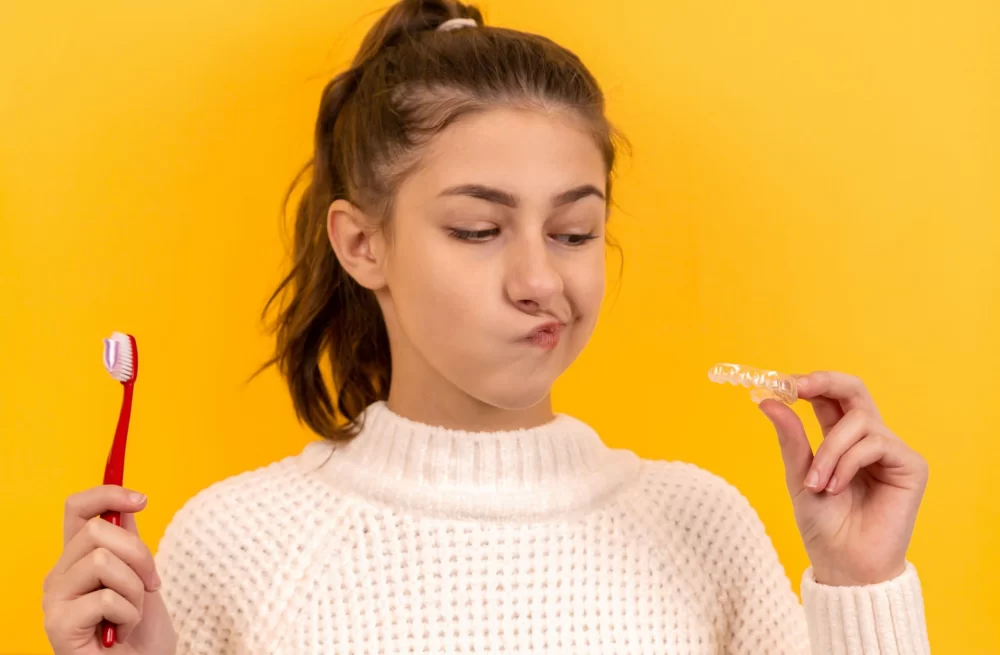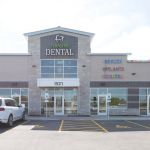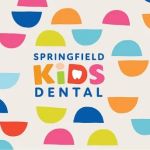
How to Care for Your Teeth as You Age
As I’ve gotten older, I’ve learned that maintaining good oral health becomes more challenging but even more important. Growing older brings about numerous changes in our bodies, and our teeth are no exception. From enamel loss to gum recession, aging can take a toll on our smiles. But the good news is, with the right care and attention, you can continue to enjoy healthy teeth and gums throughout your life. Let me walk you through the best practices for taking care of your teeth as you age.
1. The Importance of Regular Dental Visits
One of the most valuable lessons I’ve learned as I’ve aged is the importance of regular dental check-ups. As we get older, we’re more prone to various oral health issues, like gum disease and tooth decay, which might not show immediate symptoms. I used to think I could go longer between visits, but I quickly realized that keeping up with dental appointments is essential for detecting problems early and preventing bigger issues down the line. Your dentist can help you manage any age-related concerns, such as dry mouth or tooth sensitivity, and offer tailored advice on how to keep your mouth healthy.
2. Brush and Floss Like a Pro
Brushing and flossing are fundamental to maintaining good oral hygiene at any age, but as we age, these practices become even more crucial. I’ve had to adjust my technique as I’ve gotten older, especially since my gums have started to recede and my teeth have become more sensitive. I make sure to brush at least twice a day using a soft-bristled toothbrush and fluoride toothpaste. For anyone dealing with gum recession, a soft brush is gentler and less likely to irritate sensitive gums. Flossing is also a must! I was guilty of skipping this step in my younger years, but now I realize that flossing daily helps remove plaque and food particles that brushing alone can’t reach.
3. Combat Dry Mouth
Dry mouth is a common issue for older adults, often caused by medications or natural aging processes. I remember the first time I experienced it—I felt like my mouth was constantly parched. It turns out that dry mouth isn’t just uncomfortable; it also increases the risk of tooth decay and gum disease. If you suffer from dry mouth, there are steps you can take to alleviate it. Drinking plenty of water, using saliva substitutes, and chewing sugar-free gum can help stimulate saliva production. I’ve found that avoiding caffeine and alcohol, which can dry out your mouth, has also made a noticeable difference.
4. Be Mindful of Your Diet
Diet plays a significant role in the health of our teeth, and as I’ve gotten older, I’ve paid more attention to what I eat. Avoiding sugary snacks and drinks is always a good rule of thumb, but as we age, our teeth become more vulnerable to cavities and decay. Eating a balanced diet rich in vitamins and minerals—especially calcium, vitamin D, and phosphorus—can help maintain strong teeth. I make sure to include plenty of leafy greens, dairy, and lean proteins in my meals to support my dental health. Also, I try to limit acidic foods like citrus and soda, which can erode tooth enamel over time.
5. Watch for Gum Disease Symptoms
As I’ve aged, I’ve become more aware of the importance of keeping my gums healthy. Gum disease is one of the most common oral health issues in older adults, and it can lead to tooth loss if left untreated. I’ve had a few close calls myself, and I’ve learned to recognize the signs—red, swollen, or bleeding gums, persistent bad breath, and receding gums. If you notice any of these symptoms, it’s essential to see your dentist immediately. Gum disease can often be prevented with good oral hygiene and regular dental visits, so I take extra care to keep my gums healthy by brushing gently along the gumline and flossing regularly.
6. Consider Dental Sealants and Fluoride Treatments
When I was younger, fluoride treatments were just a part of my routine dental care, but I didn’t realize how beneficial they could be for older adults as well. As we age, the enamel on our teeth naturally wears down, making us more vulnerable to cavities. Fluoride treatments help strengthen tooth enamel and can even reverse early signs of decay. If your dentist offers it, I highly recommend considering fluoride varnish treatments. Additionally, dental sealants—thin plastic coatings applied to the chewing surfaces of your back teeth—can help protect them from cavities, particularly in areas where brushing is more difficult.
7. Replace Missing Teeth
One of the more frustrating aspects of aging for me has been dealing with missing teeth. As we get older, it’s not uncommon for us to lose teeth due to decay, injury, or gum disease. While dentures and bridges are an option, I’ve found that dental implants offer the most natural solution. They function like regular teeth and provide long-term benefits, both in terms of comfort and appearance. If you’re missing a tooth or several, don’t hesitate to discuss replacement options with your dentist. Replacing missing teeth can prevent further dental problems, such as shifting of the remaining teeth and difficulty chewing.
8. Stay Informed About Your Medications
Many of the medications I take as part of my aging process can have unintended side effects on my oral health. Dry mouth, gum problems, and tooth decay are just some of the issues I’ve encountered because of certain medications. I always make sure to inform my dentist about any medications I’m taking so they can tailor their advice and treatments accordingly. If you’re on medication, it’s important to be proactive about managing the oral side effects. Your dentist might suggest adjustments to your dental care routine or recommend specific products designed to mitigate these side effects.
9. Use Mouthwash for Extra Protection
Sometimes, even with the best brushing and flossing, bacteria can still linger in your mouth. I’ve found that incorporating a good mouthwash into my routine adds an extra layer of protection against plaque, gingivitis, and bad breath. Be sure to choose a mouthwash that contains fluoride or one designed for gum health. Rinsing with mouthwash twice a day—after brushing in the morning and before bed—helps keep my mouth feeling fresh and free from harmful bacteria.
As we age, it’s important to give our teeth the extra attention they need. By following these tips and working closely with your dentist, you can keep your smile healthy, strong, and beautiful for years to come. Don’t let aging stop you from enjoying great oral health—take proactive steps today for a brighter smile tomorrow!







 Hall Orthodontics5.0 (150 review)
Hall Orthodontics5.0 (150 review) Dentists of South Pasadena4.0 (124 review)
Dentists of South Pasadena4.0 (124 review) Topline Family Dental4.0 (259 review)
Topline Family Dental4.0 (259 review) Springfield Kids Dental5.0 (184 review)
Springfield Kids Dental5.0 (184 review) LA Dental Clinic4.0 (262 review)
LA Dental Clinic4.0 (262 review) Precision Oral Surgery and Implants4.0 (127 review)
Precision Oral Surgery and Implants4.0 (127 review) The Importance of Oral Health Education During Pregnancy for a Healthy Pregnancy
The Importance of Oral Health Education During Pregnancy for a Healthy Pregnancy Best Tips for Brushing Your Teeth Properly for Healthy Gums: Essential Techniques for Oral Health
Best Tips for Brushing Your Teeth Properly for Healthy Gums: Essential Techniques for Oral Health Why Skipping Dental Checkups Can Lead to Bigger Oral Health Problems
Why Skipping Dental Checkups Can Lead to Bigger Oral Health Problems Advantages of Porcelain Dental Restorations
Advantages of Porcelain Dental Restorations How Can Diabetes Cause Tooth and Gum Problems? Preventing and Managing Oral Health Issues
How Can Diabetes Cause Tooth and Gum Problems? Preventing and Managing Oral Health Issues Healthy Habits for Promoting Good Oral Health and Hygiene: Tips for a Healthy Smile
Healthy Habits for Promoting Good Oral Health and Hygiene: Tips for a Healthy Smile